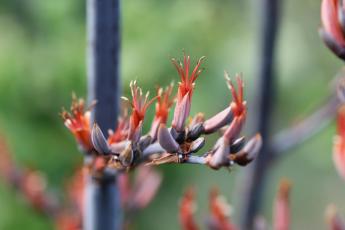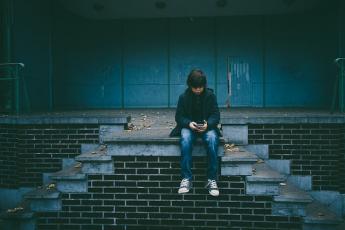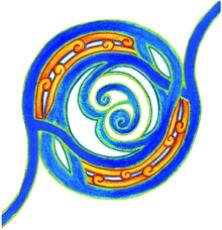New NZFVC Issues Paper: Historical trauma and whānau violence
Wed 16 Oct 2019
Today NZFVC has published Issues Paper 15, Historical trauma and whānau violence by Leonie Pihama, Ngaropi Cameron and Rihi Te Nana.

We are also hosting author Professor Leonie Pihama to present a webinar on this topic on Thursday 31 October 2019, 10.30 - 11.30am.
The paper has these key messages:
- Prior to colonisation Māori people lived within whānau, hapū and iwi collectives that supported wellbeing, with whānau as the primary source of support within Māori society
- Traditional knowledge forms within tikanga, te reo and mātauranga Māori provide clear guidance for wellbeing and appropriate behaviours within relationships.
- It is well documented that acts of whānau violence were not accepted by our ancestors.
- Central to the colonisation of Aotearoa (New Zealand) is the dispossession of land and resources of whānau, hapū and iwi.
- The position, and wellbeing of Māori women and children is central to ensuring the wellbeing of whānau.
- In Aotearoa, colonisation is characterised by extensive acts of violence upon Māori.
- Colonial ideologies and practices of gender, race and class that have been imported to Aotearoa have impacted significantly in the undermining of Māori structures, beliefs and ways of living.
- Colonisation is both a series of events and an ongoing system of oppression that has disrupted may aspects of Māori social structures and ways of being.
- Understanding both the impact of colonisation and Historical trauma is critical to understanding the origins of family violence in Aotearoa.
- Historical trauma relates to the collective trauma experienced through "massive cataclysmic" historical events that have been perpetrated intentionally by one group of people upon another.
- Historical trauma is perpetrated through deliberate and intentional acts of violence and oppression upon one group of people by another group of people.
- Historical trauma can be viewed as a 'soul wound,' which sits at the core of generations of Indigenous suffering.
- Māori views of whānau violence recognise the need for political, cultural and spiritual understandings and explanations.
- A range of Māori concepts such as 'patu ngākau', 'pouri' and 'mamae' provide understandings of trauma and its impact upon Māori.
- Healing must take place on both individual and collective levels to prevent intergenerational transmission of trauma.
- Māori healing must be based on the restoration of the Māori cultural and healing paradigms that colonisation sought to destroy.
- Kaupapa Māori approaches to trauma and healing must be defined, controlled and undertaken by Māori for Māori.
You can download the paper to read more.
Image: Jan Kaluza on Unsplash





